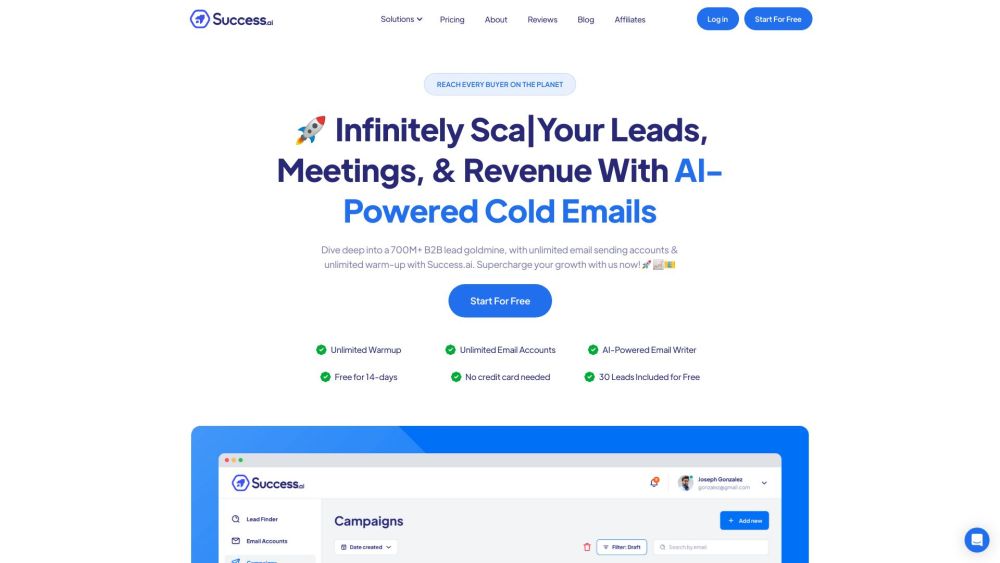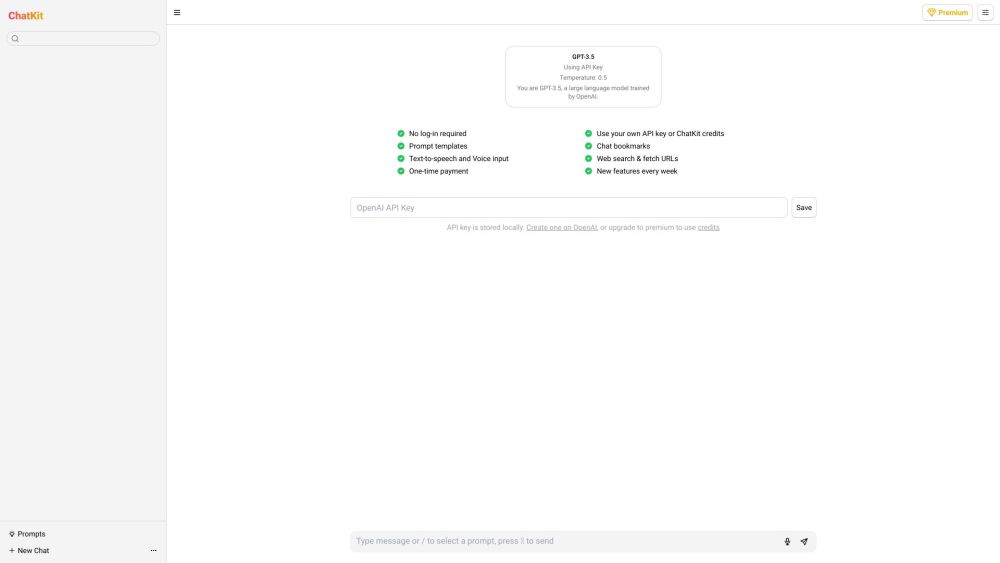Major record labels have initiated lawsuits against AI music generation platforms Suno and Udio, accusing them of widespread copyright infringement. The legal actions, filed in New York and Massachusetts, allege that these platforms have unlawfully appropriated thousands of songs to train their music generation services without obtaining the necessary permissions. The Recording Industry Association of America (RIAA), representing prominent members including Sony Music Entertainment, Capitol Records, Universal Music Group, and Warner Music, is spearheading these lawsuits. The record labels are seeking substantial damages for the alleged infringements and are also pursuing injunctions to prevent Suno and Udio from using copyrighted sound recordings in their AI models.
Mitch Glazier, RIAA’s CEO and chair, emphasized the importance of collaboration within the music community, stating, “The music community has embraced AI and we are already partnering and collaborating with responsible developers to build sustainable AI tools centered on human creativity that put artists and songwriters in charge. But we can only succeed if developers are willing to work together with us. Unlicensed services like Suno and Udio that claim it’s ‘fair’ to copy an artist’s life’s work and exploit it for their own profit without consent or pay set back the promise of genuinely innovative AI for us all.”
Udio, co-founded by former Google DeepMind researchers and launched only in April, has gained support from investors like Andreessen Horowitz and musicians Will.i.am and Tay Keith. This platform was notably used to produce “BBL Drizzy,” a diss track targeting rapper Drake, in response to his own AI-generated song, “Taylor Made Freestyle.” Suno, which opened its doors in December 2023, features a partnership with Microsoft, allowing users to create songs through text prompts via the Copilot tool. Despite sharing their creative capabilities, neither Udio nor Suno has revealed the specific training data utilized to develop their AI models.
The lawsuits assert that both platforms used an extensive array of music to develop their generative AI technologies, which allegedly involved copying a vast selection of iconic sound recordings to generate outputs that mimic the essence of human-created songs. The labels argue that the platforms' ability to create music could undermine the market for human creators, flooding it with AI-generated content that detracts from genuine artistic output.
The legal complaints stress that these services are not immune to copyright laws safeguarding human authorship. They highlight, “Like any other market participant, they cannot reproduce copyrighted works for a commercial purpose without permission. These services generate music at such speed and scale that it risks overwhelming the market with AI-generated compositions, devaluing and replacing human-generated work.”
The lawsuits cite remarks from influential figures linked to the platforms that seemingly endorse their questionable practices. For instance, Matrix Partners investor Antonio Rodriguez acknowledged in an interview that his firm invested in Suno without confirming whether the platform had agreements with rights holders.
Prior to these lawsuits, the record labels had already adopted a tough approach toward unauthorized use of their music. Recently, Sony declared its intention to intensify efforts against the unlicensed use of its music catalog for AI training. Universal Music Group took action last summer by compelling Spotify to remove thousands of unauthorized AI-generated tracks.
Additionally, a proposed legislative measure from California Congressman Adam Schiff aims to require companies to disclose the copyrighted works used in training generative AI models. Until such regulations are in place, legal actions remain the primary method for copyright holders to protect their creations from unauthorized use in AI training. The record labels are now actively pursuing damages potentially reaching $150,000 for each infringing work, alongside compensation for the legal expenses incurred.
Ken Doroshow, RIAA's chief legal officer, remarked on the significance of these lawsuits: “These are straightforward cases of copyright infringement involving unlicensed copying of sound recordings on a massive scale. Suno and Udio are attempting to hide the full scope of their infringement rather than putting their services on a sound and lawful footing. These lawsuits are necessary to reinforce the most basic rules of the road for the responsible, ethical, and lawful development of generative AI systems and to bring Suno’s and Udio’s blatant infringement to an end.”





